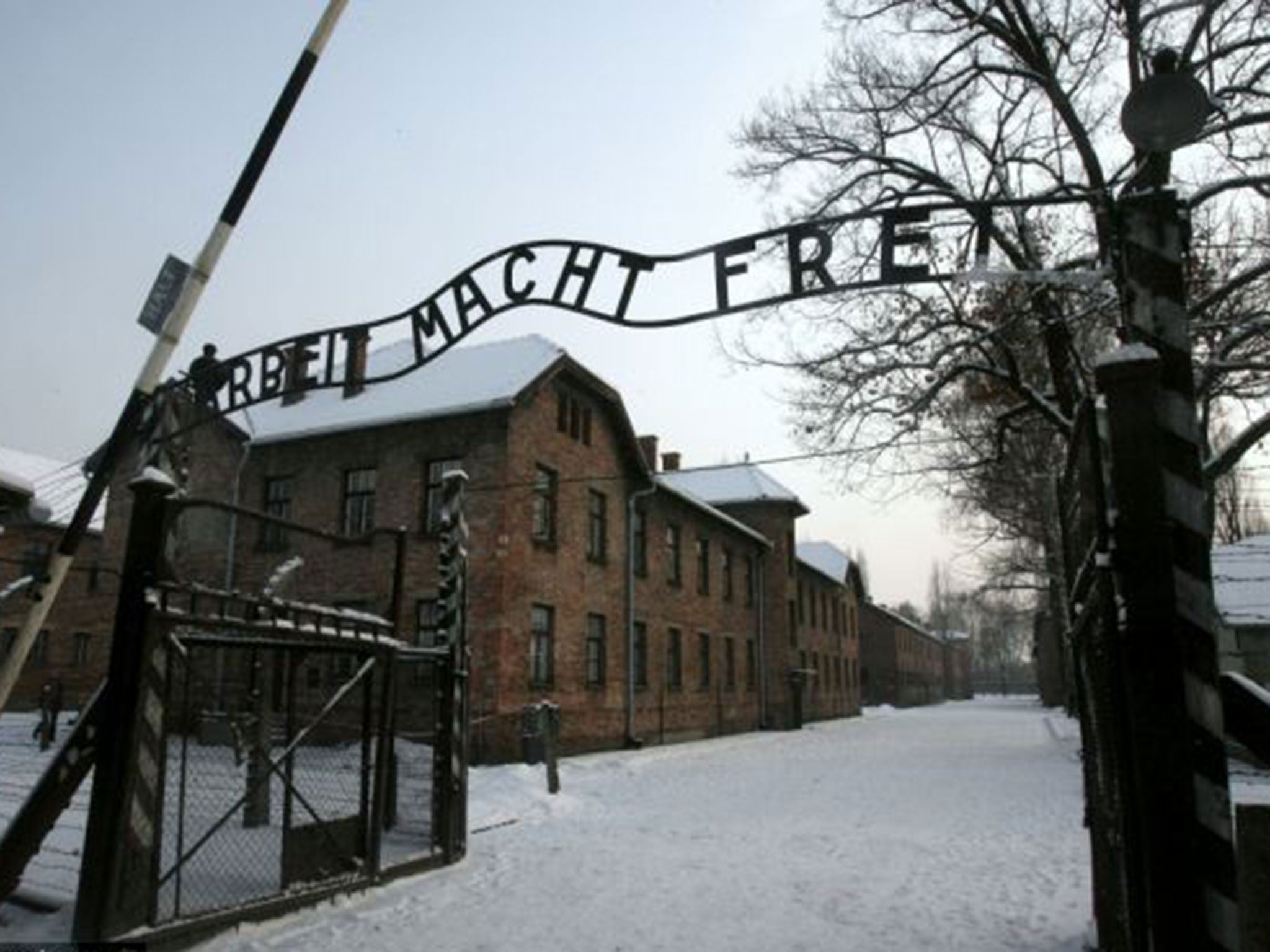A Brief Stop on the Road from Auschwitz by Goran Rosenberg, book review: Shadows of the Holocaust never far away in author's childhood
It is a chilling reminder of how the consequences of war long outlived the ceasefire, leaving indelible marks on family life in the decades that followed

Every road from Auschwitz is an individual miracle.
Göran Rosenberg is the son of two Polish Jews who survived Auschwitz and found their way to Sweden after the war to start a new life. Like other Holocaust survivors, they were supposedly the lucky ones, with a future ahead of them, unlike the vast swathes of friends and relatives who had been decimated by Nazi persecution. But the end of the war threw up a whole new set of challenges. Alongside the physical and mental consequences of what they had been through in the war years, the Rosenbergs faced the burden of survival and the drive to make the most of the gift of life in a foreign land – to try and make some point of the fact that they had survived.
The standard of living was far higher in Sweden than in the Rosenbergs’ native Poland, but as emigrants they were outsiders and consequently started out at the bottom. Göran’s father worked in a truck factory near the family’s new home, but hoped to do better in time. Each attempt to forge a new path failed, partly due to a lack of money or contacts, or the fact that the Swedes seemed to have no interest in seeing emigrants thrive. As Rosenberg puts it, his parents’ world “no longer existed and the new world was none too eager to let itself be theirs.”
The turning point is 1953, when the German government passes a law to compensate Holocaust survivors. Göran’s father is assessed by a German doctor charged with keeping the number of victims eligible for compensation to a minimum. As a result, he is judged insufficiently damaged to receive any money. This judgement is like a heavy torpedo, which destroys the fragile foundations of his father’s survival, leading to a tragic downward spiral of psychiatric care and ultimately suicide.
The book tells this story through the prism of a son retracing his father’s steps through a time he never talked about. Rosenberg scours the archives for exact figures and dates, and pores over family correspondence to reconstruct his parents’ world before it was liquidated, and to recreate in vivid detail the wartime world in which they were drafted into slave labour while millions around them were sent straight to their deaths.
In understated, yet heart-wrenchingly poignant, prose Rosenberg also recalls his childhood, where the shadows of the Holocaust were never far away. Though his parents chose to give him a Swedish name so he would blend in, Göran nonetheless knew his family was different, and resented this difference. He recalls pretending not to hear when his parents talked to him in their mother tongue, because he wanted to be like everyone else. He sensed, too, that being Jewish was not something to make a show of. Rosenberg evidently wishes that he had shown more understanding of his parents’ circumstances, but as a child he knew no better.
In conjuring up the indescribable and the unimaginable, Rosenberg’s story is utterly unforgettable, breathing life into the painful experiences of a couple who, like many other displaced Jews in Europe at the end of World War Two, were intent on making a success of survival after the world had turned its back on them. It is a chilling reminder of how the consequences of war long outlived the ceasefire, leaving indelible marks on family life in the decades that followed.
Hester Vaizey’s new book is ‘Born in the GDR’ (OUP).
Join our commenting forum
Join thought-provoking conversations, follow other Independent readers and see their replies
Comments